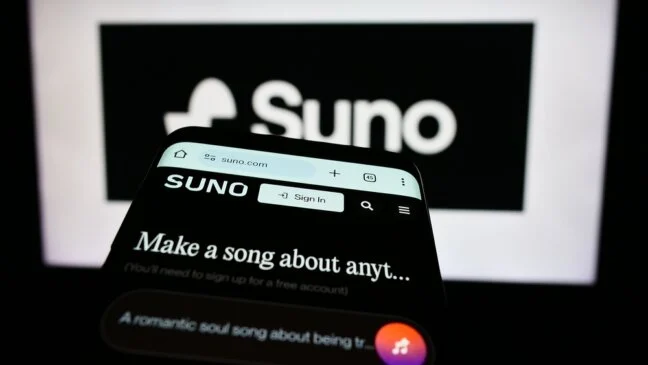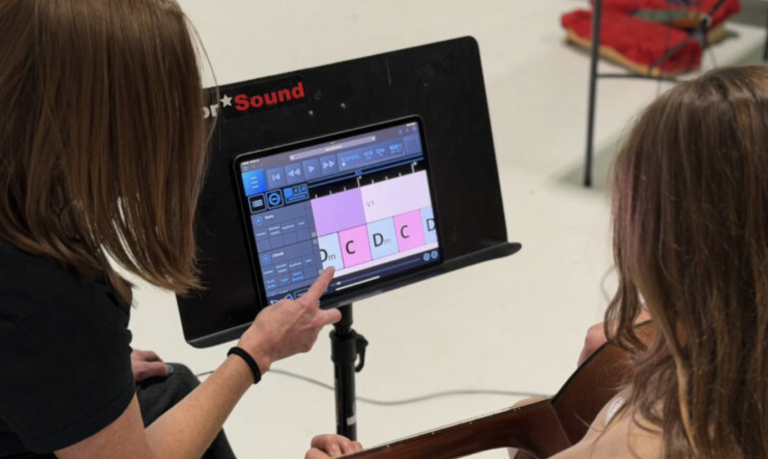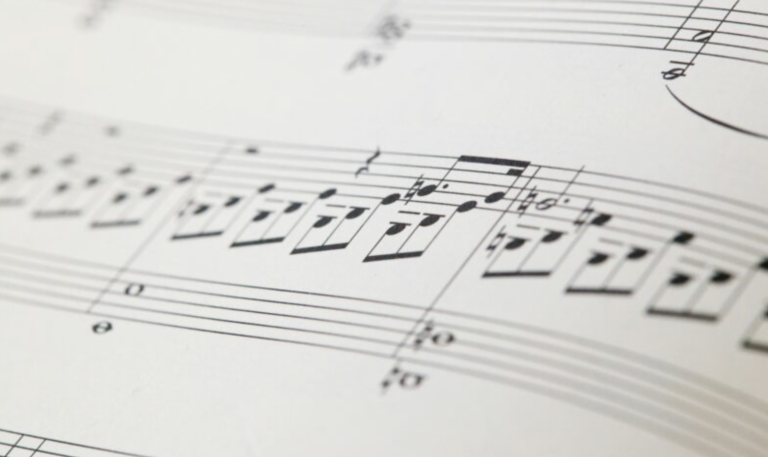
Photographer: T. Schneider
The clash between artificial intelligence and the music industry is intensifying. Generative AI music platform Suno has landed in federal court, fighting accusations from major record labels. The outcome could reshape how copyright law applies to AI training.
Record Labels Accuse Suno of Stream-Ripping
Sony Music, Universal Music Group, and Warner Music Group accuse Suno of mass copyright infringement. They argue the startup used their recordings without permission and expanded their lawsuit to claim Suno “stream-ripped” YouTube videos by bypassing the player and downloading files directly. Suno doesn’t deny the practice. Instead, its lawyers insist stream-ripping doesn’t violate the Digital Millennium Copyright Act (DMCA) because YouTube videos are open to the public.

Suno builds its defense on fair use. The company argues that training AI on existing music falls under this legal protection. Some federal courts have backed similar claims, while others have rejected them. The split rulings leave the future of AI training unsettled and the stakes high for developers.
Echoes of the Anthropic Case
The fight mirrors other high-profile AI cases. Earlier this year, Anthropic faced a lawsuit from book authors after sourcing training data from pirate libraries. A judge ruled that training on copyrighted books could qualify as fair use, but obtaining them illegally could not. Anthropic eventually agreed to a $1.5 billion settlement, showing how costly missteps in sourcing data can be.
Suno faces similar risks. Alongside the record labels’ lawsuit, country musician Tony Justice leads a class-action case that also accuses Suno of stream-ripping YouTube to build its training library.
The courts now must decide whether Suno’s methods cross the line. This case isn’t just about one AI startup—it’s a test of how copyright law adapts to new technology. The verdict could ripple across the creative industries, shaping how artists, labels, and AI companies coexist in the years ahead.








